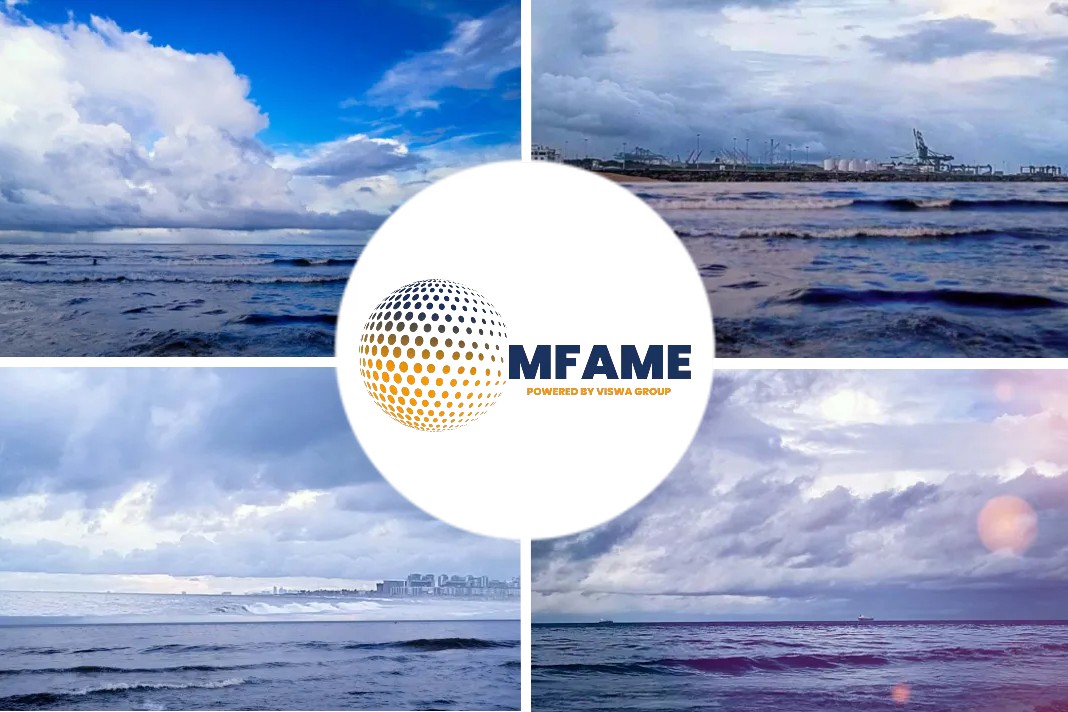
GAIL (India) follows Reliance. Plans to replace naphtha with ethane imported from the US, states a Polymer Update news article.
Plans to import ethane from the United States
Now, GAIL (India) seeks to import ethane from countries that have surplus availability, in an attempt to diversify the feedstock and save revenue outgo on regular basis. The public sector gas supplier aims to develop export terminal infrastructure through waterborne transportation to India and then transport it further through its own pipeline systems to demand centers. Reports said that GAIL (India) has already invited quotations for a 20-year contract period beginning mid-2026 for which the company is all set to hire very large ethane carriers (VLECs) to import ethane from the United States.
The VLEC, the very large vessel, has the capacity to carry between 80,000 – 99,000 cubic meters of ethane and is intended to pick up cargo from the United States ports of Marcus Hook, Nederland, Morgan’s Point, or Beaumont and to deliver it on Dahej, and Hazira in Gujarat or Dabhol in Maharashtra.
Also, GAIL (India) is aiming to build another unit at Usar in Maharashtra in addition to its petrochemical facility at Pata, close to Kanpur and Uttar Pradesh. After the government shifted gas supplies from the plant to municipal gas suppliers, GAIL India had to reduce its transport through Pata. This had an effect on its profitability and prompted the company to move towards ethane as a feedstock supplement.
Experience at Reliance Industries
At RIL, ethane decreased the company’s use of naphtha by around 5,000 tonnes and also allowed the company to export additional feedstock (naphtha). Annually, RIL uses 2.5 million tonnes of naphtha as feedstock in petrochemical crackers. In fact, ethane production in North America is projected to increase sustainably and significantly due to the shale gas revolution which eventually produces an abundance of liquefied natural gas (LNG) and liquefied petroleum gas (LPG).
With steam crackers, ethane is largely used as a petrochemical feedstock to make ethylene. Beginning with ethylene, a variety of articles such as packaging films, wire coatings, squeeze bottles, plastics, and synthetic rubber can be products. Reliance abundantly uses ethane at its crackers in Nagothane in Maharashtra, Dahej, and Hazira in Gujarat.
GAIL offers options to bidders
The government-owned GAIL (India) is actively engaged in the business of natural gas, liquid hydrocarbon, the transmission of LPG, petrochemicals, city gas distribution, renewable energy including solar and wind, exploration and production, GAILTel, and electricity generating, among others.
Did you subscribe to our daily Newsletter?
It’s Free! Click here to Subscribe!
Source: Polymer Update















